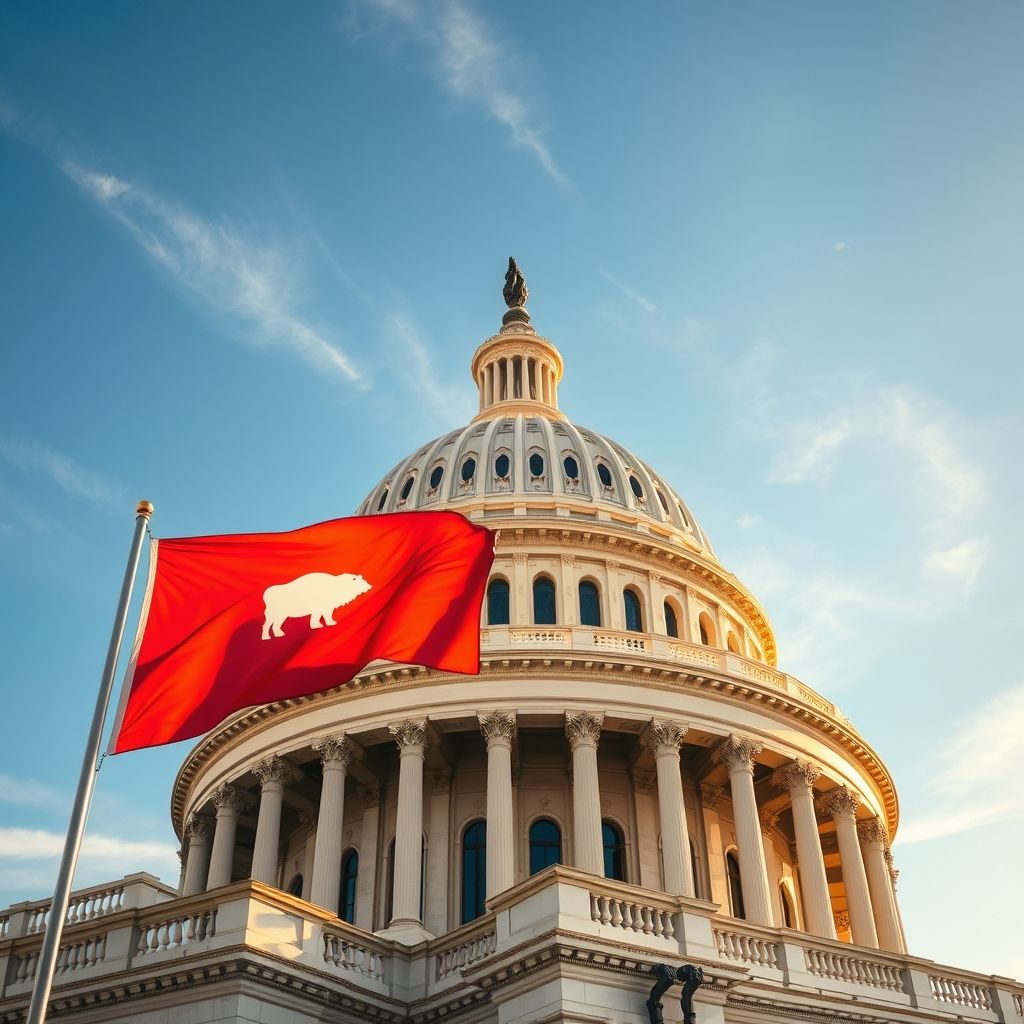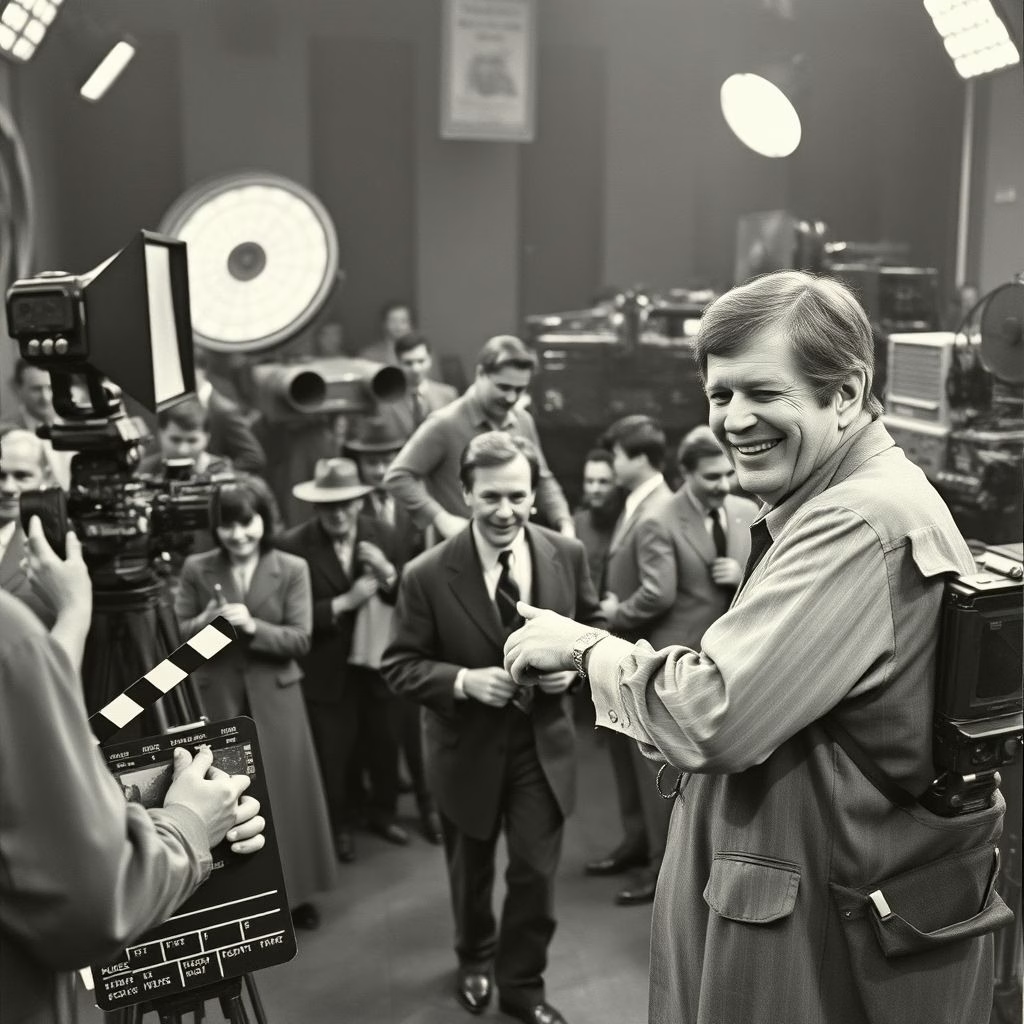Don Bacon to Retire: Nebraska’s 2nd District Braces for a Competitive Race

Don Bacon Announces Retirement, Shaking Up Nebraska’s Political Landscape
U.S. Representative Don Bacon, a Republican representing Nebraska’s 2nd Congressional District, has announced his retirement from Congress. The departure, set to take effect in January 2027, marks the end of a decade-long career in the House of Representatives. This decision has immediately ignited speculation and analysis about the future of the district, which includes the city of Omaha and surrounding areas, and is considered a politically diverse and competitive territory.
A Decade of Service and a Shift in Priorities
Representative Bacon’s announcement comes at a time of increasing political polarization across the United States. His decision to step down highlights the pressures and challenges faced by elected officials in navigating the complexities of modern American politics. While the political climate undoubtedly plays a role, Bacon has cited a desire to spend more time with his family as the primary reason for his departure.
The move creates an open seat in a district that has seen its share of close elections in recent years. This open seat is expected to attract considerable attention and resources from both major political parties, setting the stage for a potentially fierce battle to secure the seat in the upcoming 2026 election cycle.
The Political Implications of an Open Seat in a Swing District
Nebraska’s 2nd Congressional District is often considered a bellwether, reflecting national trends. The district’s political landscape includes a mix of urban and suburban areas, creating a constituency that often swings between Democratic and Republican leanings. This makes the seat particularly attractive to both parties, each eager to gain a foothold in a strategically important region.
The impact of Bacon’s retirement is already being felt. Both the Democratic and Republican parties have begun to strategize and assess the potential candidates and strategies they will employ to win the upcoming election. Political analysts and commentators are already weighing the implications of the open seat and the potential shifts in power it could bring.
Looking Ahead: What’s Next for Nebraska’s 2nd?
The departure of Representative Bacon leaves a significant void in the district. The coming months and years will be crucial in determining the direction of Nebraska’s 2nd Congressional District. The open seat ensures that the 2026 election will be one of the most closely watched races in the state and potentially across the country.
The absence of an incumbent will undoubtedly reshape the dynamics of the race, providing an opportunity for new candidates to emerge and for the electorate to reconsider their choices. The focus will now shift to potential candidates from both parties and their ability to resonate with the diverse population of the district.
The political landscape is constantly evolving, and the retirement of an experienced figure like Don Bacon is a major development that will have a lasting impact on the future of Nebraska and its representation in Congress.




